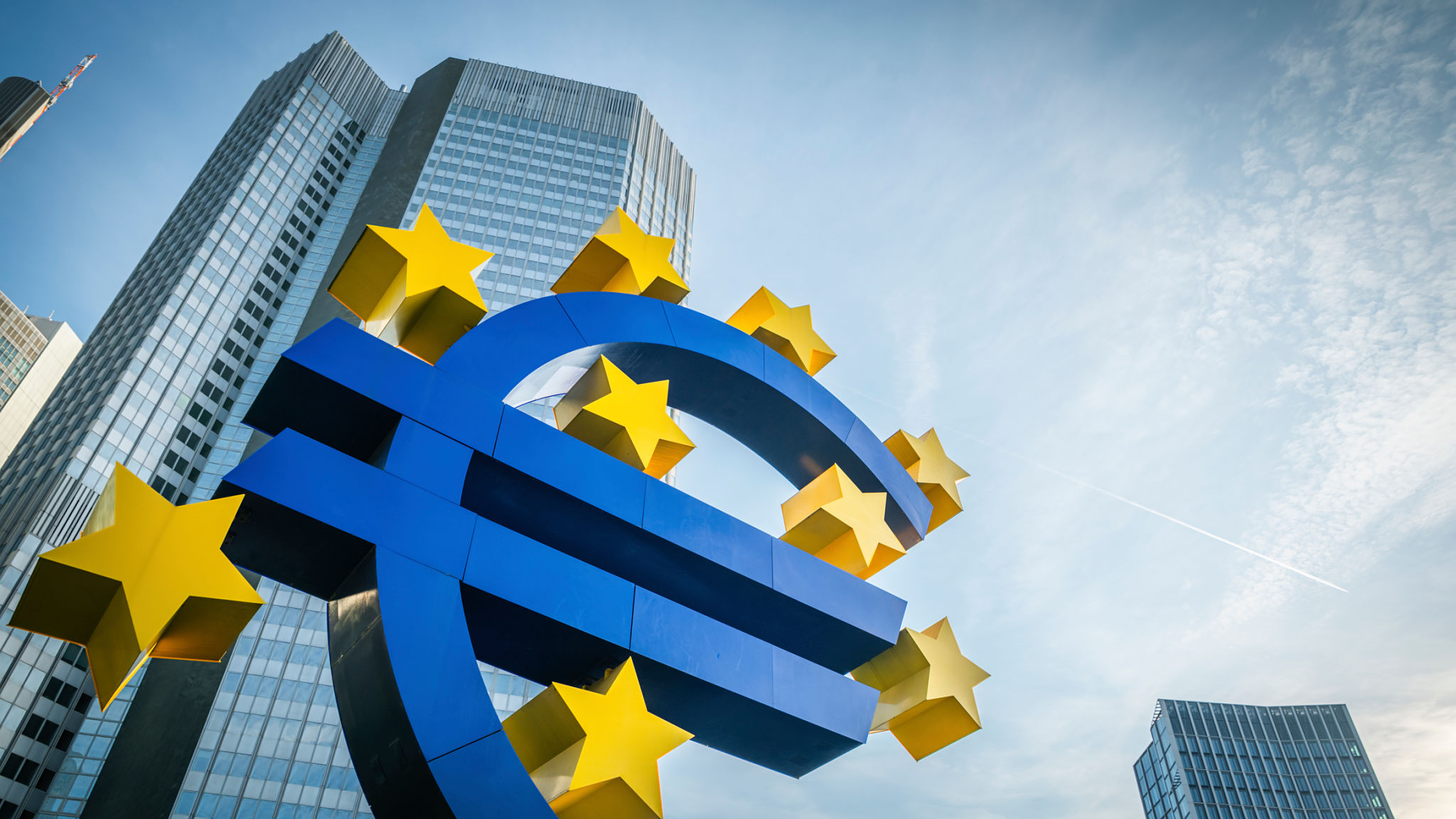The Impact of Luxembourg's Regulations on Supply Chain Strategies
Understanding Luxembourg's Regulatory Environment
Luxembourg, a small but economically significant European nation, has established a robust regulatory framework that influences supply chain strategies for businesses operating within its borders. The country's regulations are designed to promote transparency, efficiency, and sustainability, making it an attractive hub for international trade and logistics. Companies that align their strategies with Luxembourg's regulations often find themselves at an advantage in the competitive global market.
One of the key aspects of Luxembourg's regulatory environment is its emphasis on compliance with EU directives. As a member of the European Union, Luxembourg is committed to upholding EU standards, which often serve as a benchmark for global trade practices. This commitment ensures that businesses operating in Luxembourg are well-positioned to engage with other EU member states and beyond.

Key Regulatory Areas Affecting Supply Chains
Several regulatory areas in Luxembourg have a direct impact on supply chain strategies. These include customs and trade regulations, environmental standards, and labor laws. Each of these areas requires careful consideration by businesses to ensure they remain compliant while optimizing their operations.
Customs and Trade Regulations in Luxembourg are designed to facilitate smooth cross-border transactions. The country's strategic location and advanced logistics infrastructure make it a key entry point to the European market. Businesses need to navigate these regulations efficiently to capitalize on Luxembourg's position as a trade hub.
Environmental Regulations and Sustainability
Luxembourg places a strong emphasis on environmental sustainability, which affects supply chain strategies significantly. Companies are encouraged to adopt green practices, such as reducing emissions and utilizing renewable energy sources. Compliance with these environmental regulations not only enhances a company's reputation but also contributes to cost savings in the long run.

Labor Laws and Workforce Considerations
The labor laws in Luxembourg are designed to protect workers' rights while fostering a productive work environment. These laws cover various aspects such as working hours, minimum wage, and workplace safety. For supply chain managers, understanding these labor laws is crucial for maintaining efficient operations and fostering good relationships with employees.
Moreover, Luxembourg's focus on workforce development through training programs ensures that companies have access to a skilled labor pool. This is particularly beneficial for supply chains that rely on specialized skills and expertise.
Strategic Advantages for Businesses
Adopting supply chain strategies that align with Luxembourg's regulations offers several strategic advantages. Companies can benefit from increased operational efficiency, reduced risks of non-compliance penalties, and enhanced brand reputation. Additionally, aligning with Luxembourg's sustainability goals can open up new business opportunities, especially with environmentally conscious consumers.

Businesses that effectively integrate these regulatory requirements into their supply chain strategies often experience improved collaboration with local partners and authorities. This collaboration can lead to more streamlined operations and better market access across Europe.
Navigating Challenges and Opportunities
While Luxembourg's regulatory environment presents numerous opportunities, there are also challenges that businesses must navigate. These include staying updated with regulatory changes and managing the costs associated with compliance. However, by investing in compliance management systems and engaging with regulatory experts, companies can turn these challenges into opportunities for growth.
In conclusion, understanding and adapting to Luxembourg's regulations is essential for companies looking to optimize their supply chain strategies. By doing so, businesses can leverage the country's strategic advantages and contribute positively to the broader European market.